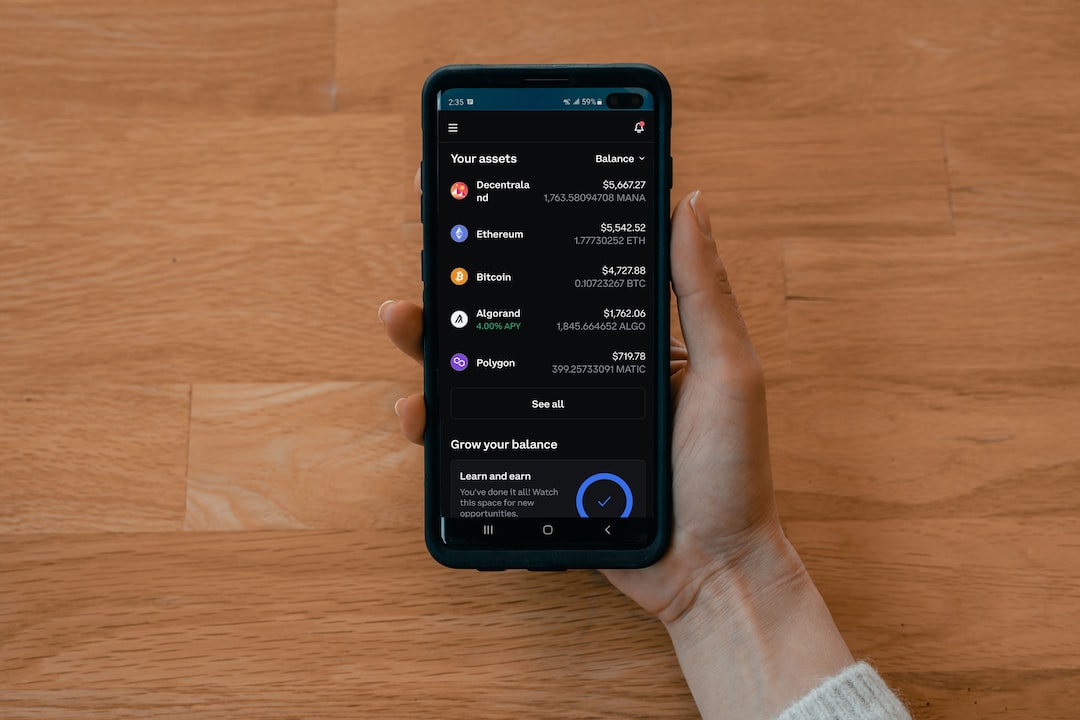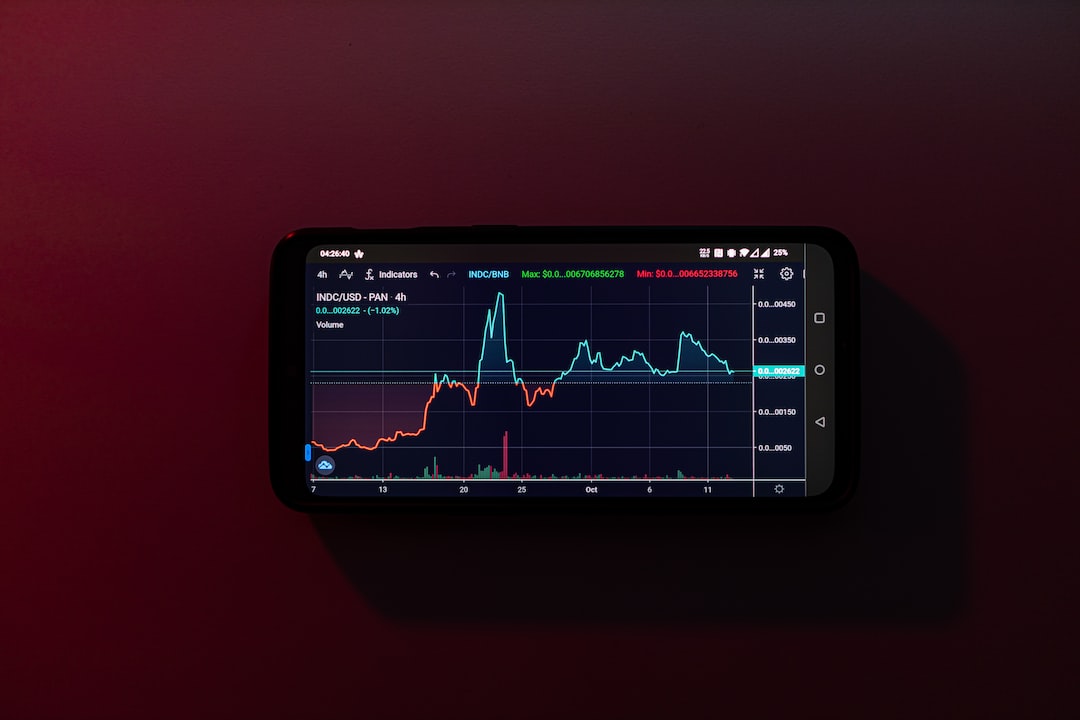A Rise in Corruption Enabled by Cryptocurrencies and Electronic Gift Cards
A recent conference held by the Chinese Association for the Study of Integrity and Legal Systems highlighted the rise of new forms of corruption facilitated by cryptocurrencies and electronic gift cards. Experts at the annual meeting discussed the challenges posed by these mediums, which have become covert channels for bribery and corruption in the digital era.
New Tools for Illicit Transactions
Traditional cash and tangible assets are no longer the only means of bribery. Online transfers, electronic gift cards, and even cryptocurrencies are now used for illicit transactions, enabling more discreet and hard-to-trace corrupt practices.
The Challenge of Digital Currencies and Blockchain Technology
The rapid advancement in digital currencies and blockchain technology poses a significant challenge to existing legal and regulatory frameworks. These technologies offer anonymity and decentralization, making them attractive tools for corrupt activities. Some corrupt individuals use encrypted digital currencies for cross-border transactions, avoiding online surveillance through “cold storage” methods like offline wallets and hard drives.
A Dual Approach of Legal and Technological Governance
The increasing use of virtual currencies and digital assets in corruption reflects a shift towards more sophisticated, technology-driven methods. Strengthening legislation to cover new forms of bribery, expanding the definition of bribery, and enhancing digital infrastructure for monitoring and enforcement are essential steps in combating this trend.
Comprehensive Databases and Rapid Analysis Systems
Experts recommend establishing comprehensive databases and rapid analysis systems to improve case handling. Integrating core corruption data with industry-wide big data can enhance preventive measures against new forms of corruption. Regulating virtual properties effectively within criminal law is also crucial.
Combating Corruption Through Legislative Updates and Technological Advancements
To effectively combat these emerging challenges, experts suggest refining anti-corruption legislation, enhancing the technological capabilities of monitoring and enforcement agencies, and fostering public participation in reporting corrupt activities. Addressing the root causes, such as gaps in power and supervision systems, is also vital.
Hot Take: A Comprehensive Approach to Combatting Corruption in the Digital Age
Combating new forms of corruption in the age of digital currencies and electronic gift cards requires a comprehensive approach. This approach combines legislative updates, technological advancements, and societal vigilance to maintain integrity and fairness in governance.





 By
By
 By
By
 By
By
 By
By
 By
By